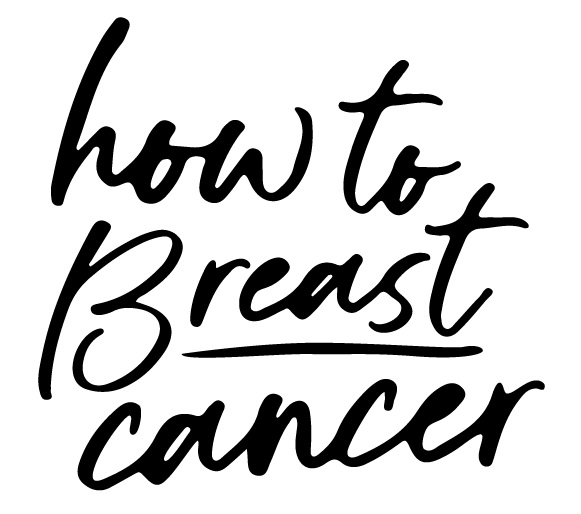Tapping into healing tools
Article at a Glance
A few steps, I have personally found helpful in recognizing and utilizing complimentary healing tools.
- For those who do enjoy reading, books, poetry and/or writing.
- For those who do not find comfort in literature.
- For those seeking new/additional healing tools.
“I know nothing in the world that has as much power as a word. Sometimes I write one, and I look at it, until it begins to shine.”
— Emily Dickinson
I love to write. For me, the written word is, as Emily Dickinson well stated, so powerful it shines. I was THAT child, always with a notepad and pen, seemingly documenting all my thoughts and observations, often to the chagrin of others, who became ‘characters’ in my narrative. And don’t even get me started on how that segued so smoothly into my immense love of books and, of course, the library. That is a story for another day!
For me, the written word, books, poetry, and really all literature, are powerful healing tools. I felt this long before I began my cancer journey. There is also increasing evidence associated with the positive impact these tools can have on our health and overall well-being. In fact, in this month’s newsletter to subscribers, we highlight an article that specifically discusses the scientific health benefits from reading poetry. Cue Walt Whitman!
Now, you may be saying to yourself, but...
What if I don’t understand or like poetry?
What if I don’t have a habit of writing or (gasp!) reading books?
Please give me a moment to recoup here...
Ok, while we may not see eye to eye on this score, we are here to discuss tapping into seemingly innocuous things that can actually serve us well in the healing journey. We’re talking about creating a better awareness of what we can attract and draw good energy from, in order to reach our best healing. We’re not talking about numbing our way towards healing, for we all know that is not the path forward.
The point is to understand what healthy healing tools are best for YOU, and if you have not yet discovered them, to begin exploring.
As always, a few steps, I have personally found helpful in recognizing and utilizing complimentary healing tools and hope they will also serve you well.
1 | For those who do enjoy reading, books, poetry and/or writing.
Explore topics or literature that extend beyond what you may usually read. For instance, if you don’t normally read non-fiction, try it. I used to primarily read mystery/crime-fiction and slowly began to wander over to different shelves on the bookstore and discovered that I quite enjoy some non-fiction and historical fiction. I also began exploring topics that expand my knowledge on subjects that were not always core to the school curriculum (i.e., incorporating meditation, having a gratitude practice, and even building a website!). You can always keep your base/preferred reading pleasures, but also venture out there. After all, remember that you are seeking to add healing tools for your best journey.
Sign up for our newsletter to access Amelia’s monthly bookshelf recommendations.
2 | For those who do not find comfort in literature.
While literature and its related parts are not for everyone, I would still encourage you to try and see if it might surprise you. Start small, a short story, or even an essay on a topic that may be of interest to you. IF that still does not sound appealing, spend a bit of time thinking about the things that make you feel your best.
Perhaps it is sitting quietly somewhere for just ten minutes, or working on a puzzle, or doing something that may seem redundant (e.g., ironing) but gives you a few moments of peace. That’s the goal. Those are your healing tools. The key is to recognize which ones feel good (and create tranquility), and, thus are aiding your healing. Once you do this, tap into them more often for they will not just be healing tools, they will become healthy habits.
3 | For those seeking new/additional healing tools.
Exploring beyond that which is more mainstream or even known to you, is also part of learning what healing tools can be incorporated into your treatment routine and overall journey. Some people have found great healing success in using complimentary tools like acupuncture, Reiki massages, guided meditation, guided breath-work, arts and crafts (e.g., painting), and therapy-trained service animals.
In the book “Coping with Cancer”, co-authors Elizabeth Cohn Stuntz and Dr. Marsha Linehan identify several tools and practices to help you create coping skills and thus serve as healing agents for your overall journey. You can learn more about the book from our podcast interview with Elizabeth Cohn Stuntz. Don’t discount something because it is unknown to you. Be curious, explore and be sure to acknowledge, especially to yourself, what is truly helping you heal.
Key Takeaways
And so, as always, I leave you with one key take away, if you remember nothing else from this article, know this: be an active participant in finding ALL the healing tools for your best journey. YOU own this journey!
With love,
Amelia O.





